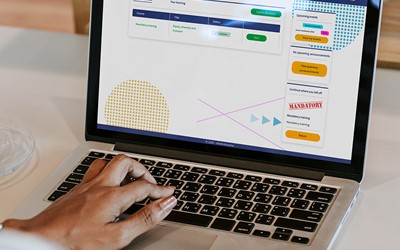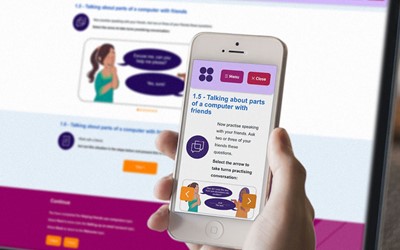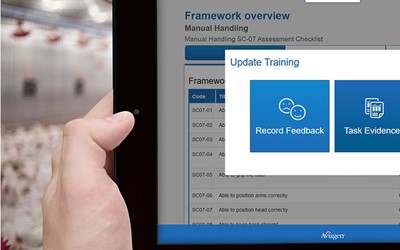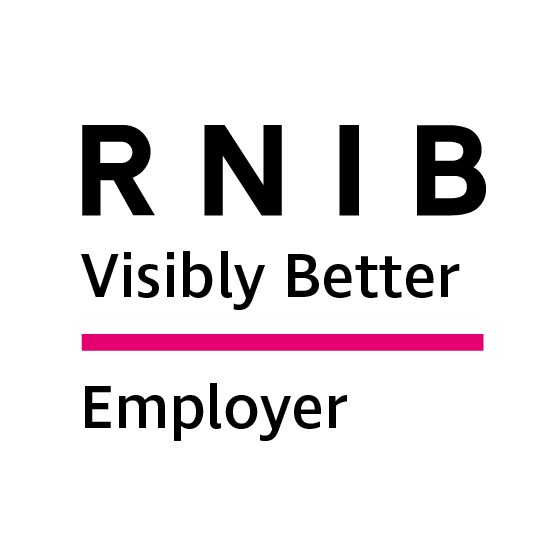What is digital learning?
Digital learning refers to the use of technology to facilitate learning, whether for upskilling, reskilling or acquiring new knowledge. It has transformed how organisations deliver training by providing flexible, scalable and cost-effective ways to support learners across different roles and locations.
Posted 25 April 2023
Digital learning brings a wide range of benefits for both learners and organisations:
Extending reach cost-effectively
Learners can access content from anywhere, at any time, and work through it at their own pace. This makes it easier to fit learning around existing responsibilities, without needing time away from core duties.
Cost-effective delivery
Without the need for travel, venues or printed materials, digital learning can reduce training costs. This helps make learning more accessible at all levels across your organisation. Discover how we helped the British Council.

Engaging and immersive learning experiences
Using multimedia such as videos, animations and VR simulations makes learning more dynamic and memorable. This improves understanding and helps people apply their learning more quickly on the job.
Interactive digital assessment
From simple quizzes to full-scale exams, a digital assessment platform allow learners to check their understanding and practise in real-world scenarios. Feedback can often be provided instantly, supporting continuous improvement.

Fostering learning communities
Online forums and discussion spaces enable learners across departments and locations to connect, share knowledge and support one another. This creates a stronger sense of connection and encourages ongoing development.
Supporting compliance and reducing risk
You can track learner progress in real time, monitor completion rates, and provide evidence for audits or regulatory requirements – all essential for managing compliance and reducing organisational risk.
Insight into organisational skills
Digital platforms give you access to dynamic reporting. This helps you understand where the skills lie across your workforce and where additional support or development might be needed.

Personalised learning journeys
A good digital learning platform lets you tailor training to individual roles or skill levels. This ensures every learner gets the support they need to perform effectively in their role.
Why do organisations choose digital learning?
Whether you're onboarding new employees, rolling out a compliance programme or supporting long-term professional development, digital learning offers a practical, scalable solution.
It helps you:
- Make learning available at the point of need
- Deliver consistent training across locations
- Track and report on progress with ease
- Provide engaging, relevant learning experiences
- Equip your people with the skills and confidence to succeed
Recent Posts
Turning AI into potential gainSeamless HR Integration: Streamlining workforce enrolment with eCom's eNet Product Suite
eCom Learning Solutions: Staying ahead in a constantly evolving landscape
Is your work changing, or just your tools? A question for the modern workforce
What is competency? And why it matters in the workplace












